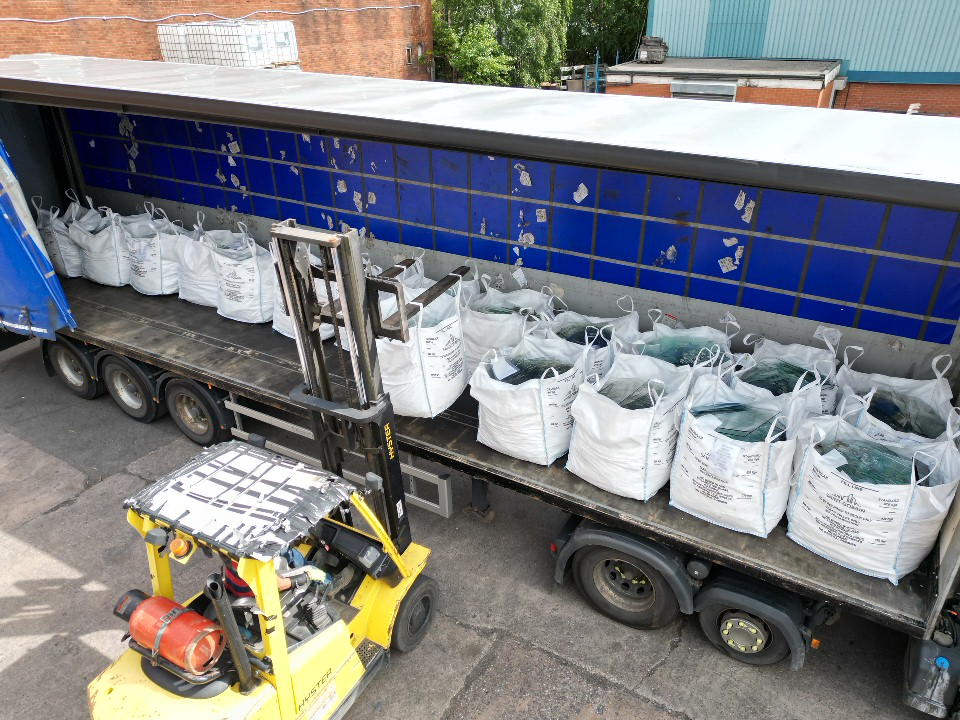Yes, being sustainable is ‘the right thing to do’, but it is also good for business, argues Arun Photay, Managing Director.
There was a time when you could have a light touch when it came to sustainability, and it would be enough to satisfy the most querying mind.
Take carbon offsetting for example. You could claim to be sustainable, or carbon neutral, without having to do very much in practical terms. This method of reducing your carbon footprint has declined in popularity in the last couple of years, as people and organisations question its legitimacy.
As a business with forward-thinking commercial clients, and trade customers supplying conscientious customers, we know it has never been enough to pass on the responsibility for our sustainability to third parties.
Instead, we embed sustainable practices in all elements of our business. On the one hand, we do it because we know that it is the right thing to do, but we also do it because we know that it secures business for us.
Surprisingly, not every glass company pays as close attention to carbon emissions, waste and efficiency as we do. As a result, we often stand head and shoulders above similar companies when we pitch for high-profile projects.
Like-minded partners
We start by partnering with like-minded businesses. Take our glass for example. All our glass offcuts are collected and returned to our glass suppliers, including Saint-Gobain Glass. This is returned on the same trucks that deliver the glass, so lorries aren’t making journeys empty.
The reason why this partnership works so well is because it doesn’t just satisfy our need to reduce our waste, but Saint-Gobain benefits from the clean glass cullet.
By incorporating clean glass cullet from glass processing companies, Saint-Gobain Glass can considerably reduce the amount of energy used in the production of float glass, resulting in a product with a lower carbon footprint.
This creates a virtuous circle, and we can manufacture sealed units with a much lower carbon footprint, which we then supply to our customers who require a forward-thinking sustainable supply chain.
We also choose our suppliers partly based on location, and we buy most of our products within the UK. Companies such as Thermoseal for example are based in the Midlands, so we know that their products are travelling a dozen miles at most, rather than halfway across Europe. And they also have schemes where packaging is minimised and reused, so waste isn’t sent to landfill needlessly.
Our processes
We’ve taken a close look at the way Glass Express Midlands operates, to ensure that we are reducing waste, reducing energy use, and optimising systems so that we lessen our impact on the environment.
For example, we use the very latest optimising software to make sure that each sheet of glass that goes through our cutting station is maximised, and as little as possible is returned to Saint-Gobain Glass as cullet.
Our ongoing programme of machine maintenance means that each process in the factory is running optimally, and our rejection levels are extremely low. Our operatives are trained to notice any product errors early on, so remedial action can be taken quickly, and less product is wasted.
There is a direct benefit to our customers here, because they are less likely to return products due to error, which saves time, resources and money – making them more profitable in the process.
But ultimately, we are about providing sustainable long-lasting products that help create buildings that require less energy to heat in the winter and cool in the summer.
Importantly, this isn’t a benefit we are selling to architects and specifiers. Instead, they are coming to us for solutions, and we can confidently demonstrate that we can supply them.
So, by actively improving our sustainability and reducing our impact on the environment, not only means we are doing what’s best for the planet, but we are creating opportunities for our customers to win business on the leading projects.


